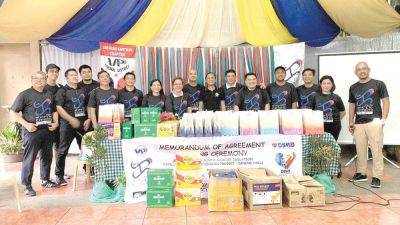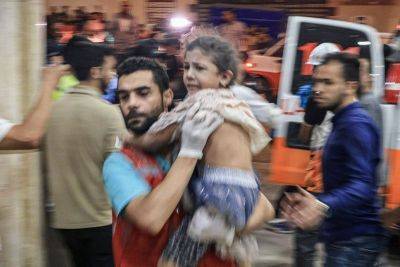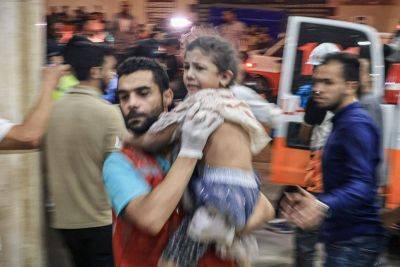Children suffer most from disasters
We Filipinos take pride in our resilience or the ability to bounce back from disasters, whether natural or man-made.
But what we apparently don’t readily see is that our children are the ones who suffer the most from the impact of typhoons and other weather-related disasters.
According to the United Nations Children’s Fund (UNICEF), Filipino children aged 18 and below are the most displaced children in the world due to disasters from 2016 to 2021 worsened by the climate crisis.
Here’s what it said: “The Philippines is at the epicenter of this crisis, bearing the highest absolute number of child displacements at 9.7 million.”
The UNICEF report noted that in terms of hazard, the Philippines ranked first for storms (8.3 million), and third for floods (1.3 million) in absolute numbers of children displaced.
The UNICEF report is the first global analysis of the number of children driven away from their homes between 2016 and 2021 due to floods, storms, droughts, and wildfires, and looks at projections for the next 30 years.
Based on the analysis, there were 43.1 million internal displacements of children linked to weather-related disasters over the last six years, or the of approximately 20,000 child displacements per day.
And what’s disturbing is that the Philippine figures comprised 22.5 percent—or more than a fifth—of the total number of displaced children worldwide.
“Children are among those who suffer the most when they are displaced in times of disaster. They experience stress, lose days in school, get sick, and become more prone to exploitation and abuse,” the UNICEF added.
The agency cited the adverse impact of the recent super typhoon Karding on Filipino children.
It said the weather disturbance led to dangers involving their health and well-being.
The super typhoon damaged health, water, and sanitation facilities and disrupted services, increasing the risk of getting sick from many diseases.
The agency said lack of safe drinking water can lead to dehydration, and inadequate sanitation and hygiene can lead to the spread of water-borne diseases like diarrhea, a leading cause of death among children under five years of age.
That’s not all. The super typhoon







